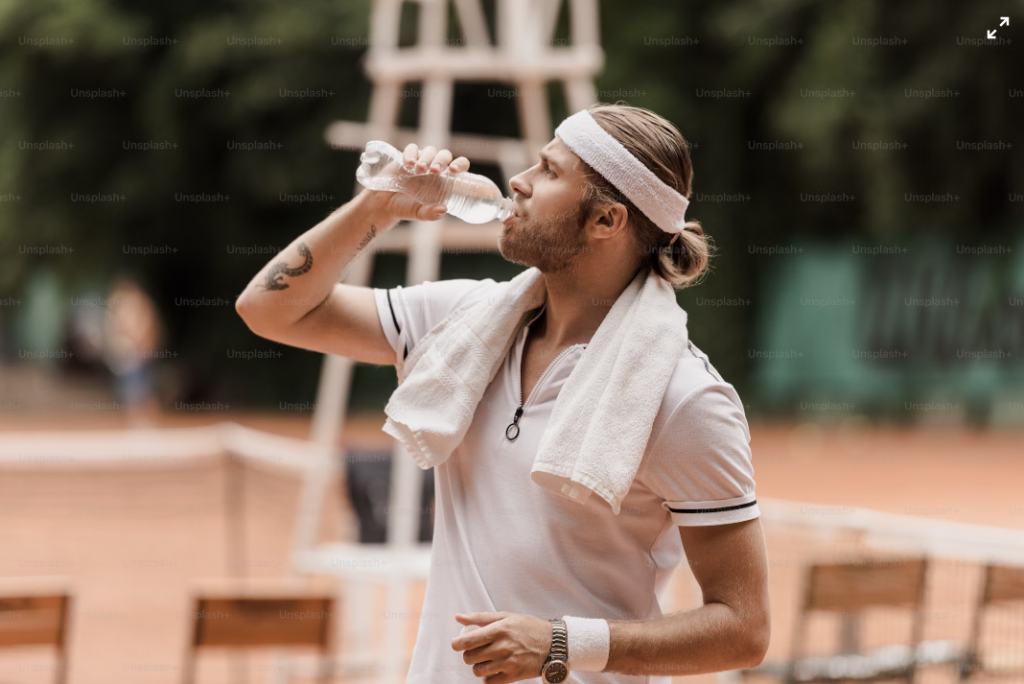In the realm of athletics, staying hydrated is not just a matter of comfort but a critical element that can make or break performance. Whether you’re a professional athlete or a fitness enthusiast, understanding how hydration impacts your body and implementing effective strategies can significantly enhance your athletic prowess.
Introduction to the Importance of Hydration
Hydration plays a pivotal role in maintaining optimal bodily functions, especially during physical exertion. Water is essential for regulating body temperature, transporting nutrients, and flushing out toxins, making it indispensable for peak athletic performance.
Understanding Dehydration
Dehydration occurs when your body loses more fluids than it takes in, leading to an imbalance that can impair various physiological processes. This condition can range from mild to severe, with symptoms becoming more pronounced as dehydration worsens.
Signs and Symptoms of Dehydration
Common signs of dehydration include increased thirst, dry mouth, dark-colored urine, fatigue, dizziness, and reduced performance. Athletes must recognize these signs early to take corrective measures promptly.
Optimal Hydration Levels
The recommended water intake varies based on factors such as body weight, activity level, climate, and duration of exercise. Ensuring adequate hydration involves balancing fluid intake and losses to maintain optimal performance.
Hydration Before Exercise
Proper hydration should start well before engaging in physical activity. Athletes should consume sufficient fluids in the hours leading up to workouts or competitions to ensure they start adequately hydrated.
Hydration During Exercise
During exercise, maintaining hydration is crucial to replace fluids lost through sweat. Sipping water or sports drinks at regular intervals can help sustain performance and prevent dehydration-related issues.

Choosing the Right Fluids
Electrolytes, such as sodium and potassium, are vital for maintaining fluid balance and muscle function. Athletes should opt for beverages that replenish electrolytes along with fluids, especially during prolonged or intense workouts.
Post-Exercise Hydration
Recovery begins with rehydration. After workouts, athletes should prioritize replenishing fluids and electrolytes to facilitate muscle recovery and reduce the risk of cramps or fatigue.
Hydration and Performance
Proper hydration directly impacts athletic performance by supporting cardiovascular function, muscle contractions, and cognitive abilities. Dehydration, even at mild levels, can impair physical and mental capabilities.
Hydration and Recovery
Hydrating adequately post-workout aids in faster recovery by restoring fluid balance, promoting nutrient absorption, and flushing out metabolic byproducts. This allows athletes to bounce back quicker for subsequent training sessions or competitions.
Hydration in Different Climates
Environmental conditions influence hydration needs. In hot climates, increased sweating necessitates higher fluid intake, while cold climates may reduce thirst cues, making it crucial to monitor hydration proactively.
Hydration for Endurance vs. Strength Training
Endurance activities typically require more sustained hydration strategies compared to strength training sessions. Tailoring fluid intake based on workout intensity and duration is key to optimizing performance.
Monitoring Hydration Levels
Athletes can use various methods like urine color charts, body weight measurements, or wearable technology to monitor hydration levels. Regular monitoring enables adjustments in fluid intake to stay adequately hydrated.
Common Hydration Mistakes
Neglecting hydration, relying solely on thirst cues, overconsuming caffeine or sugary beverages, and not replenishing electrolytes adequately are common pitfalls athletes should avoid to maintain optimal performance.
Conclusion on Staying Hydrated for Peak Athletic Performance
In conclusion, staying hydrated is not just a recommendation but a necessity for athletes striving for peak performance. By understanding the nuances of hydration, implementing pre, during, and post-exercise hydration strategies, and avoiding common mistakes, athletes can unlock their full potential and achieve their athletic goals.